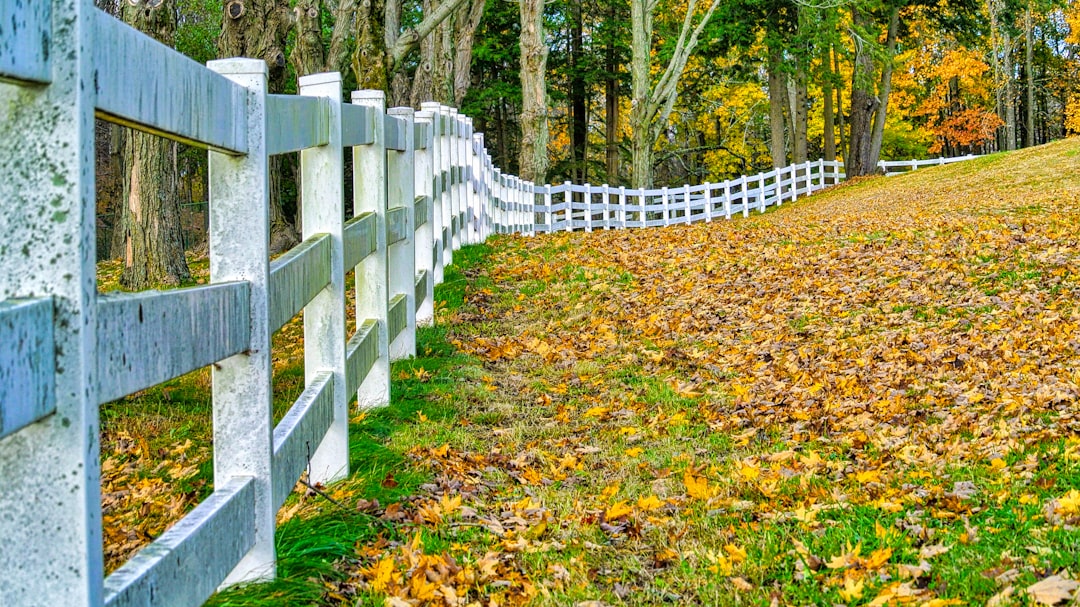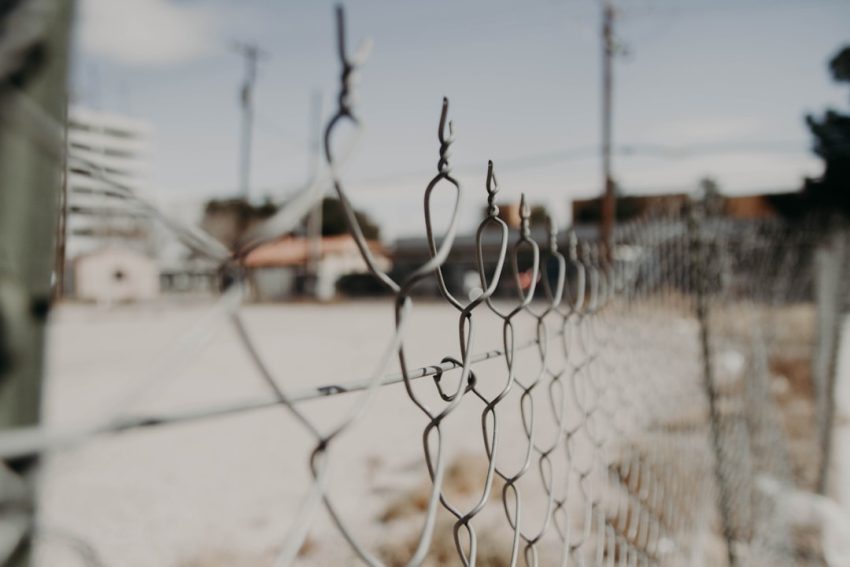Choosing a Fence Company involves selecting from primary fencing materials – wood, vinyl, chain-link, or metal – each offering unique advantages like warmth (wood), low maintenance (vinyl), security (chain-link), or durability (metal). A top-rated fence company starts with detailed site assessments, customizes designs, and employs best practices for secure installations. They ensure posts are level, hardware is fastened properly, and provide ongoing maintenance to extend your fence's lifespan, catering to both residential and commercial clients.
“Looking to enhance your outdoor space? Understanding the right fencing material is key. This guide, crafted from a fence company’s expertise, delves into the unique characteristics of wood, vinyl, chain-link, and metal fences. We’ll explore the pros and cons of each, offering insights to navigate this decision. From installation best practices to maintenance tips, discover how professionals ensure longevity and aesthetic appeal. Elevate your project with informed choices – because a fence company knows, the right material makes all the difference.”
- Understanding Different Fencing Materials: A Fence Company's Perspective
- The Pros and Cons of Working with Wood, Vinyl, Chain-Link, and Metal
- Best Practices for Installing and Maintaining Fences by a Professional Company
Understanding Different Fencing Materials: A Fence Company's Perspective

Fencing materials play a crucial role in defining the aesthetics and functionality of any property boundary. As a fence company, we’ve encountered and specialized in working with four primary types: wood, vinyl, chain-link, and metal. Each material offers unique benefits and considerations that cater to diverse client preferences and project requirements.
Wooden fences, for instance, exude warmth and natural charm, making them popular choices for residential areas. Vinyl fencing is another favorite due to its low maintenance and durability, appealing to homeowners seeking hassle-free options. Chain-link fences provide robust security and visibility, often utilized in commercial settings and playgrounds. Metal fences, ranging from elegant wrought iron to modern aluminum designs, offer longevity and a wide array of customization opportunities for both residential and commercial projects. Understanding these materials’ nuances allows our fence company to tailor solutions, ensuring clients receive fencing that not only complements their properties but also stands the test of time.
The Pros and Cons of Working with Wood, Vinyl, Chain-Link, and Metal

When it comes to choosing fencing materials, each option offers unique advantages and considerations for a fence company. Wood, vinyl, chain-link, and metal are all popular choices, each with its own allure and functional benefits.
Working with wood provides a classic, natural aesthetic that adds warmth and character to any outdoor space. It’s an excellent choice for those seeking a traditional look. However, wood requires regular maintenance, such as staining or sealing, to protect against the elements, which can be seen as a downside. Vinyl fencing is low-maintenance and offers excellent durability, making it a popular option for homeowners. Its versatility allows for various styles, from traditional picket fences to more modern designs. On the other hand, vinyl may not be as aesthetically flexible as wood, and its plastic composition can make it less environmentally friendly. Chain-link fencing is renowned for its strength and security, making it an ideal choice for commercial properties or areas requiring high-security fencing. It’s cost-effective and easy to install, but it lacks the visual appeal of other materials and may not be suitable for residential settings seeking a more attractive exterior. Metal fencing, often made from aluminum or steel, offers durability and long-lasting performance. It’s resistant to rot, rust, and decay, making it a low-maintenance option. However, metal can be pricier than other materials and may require professional installation due to its weight and complexity.
Best Practices for Installing and Maintaining Fences by a Professional Company

When it comes to installing and maintaining fences, a professional company follows best practices that ensure durability, safety, and aesthetic appeal. First, they conduct thorough site assessments to understand terrain, existing structures, and specific client needs. This step is crucial for tailoring the fence design and choosing suitable materials like wood, vinyl, chain-link, or metal, each with its unique advantages and maintenance requirements.
For instance, while vinyl fences are low-maintenance and come in various colors and styles, wood requires regular staining or sealing to protect against weather damage and UV exposure. Chain-link offers strength and security but needs occasional cleaning and zinc coating to prevent rust. Metal fencing, known for its longevity, might need periodic painting or priming to maintain its sleek appearance. A professional fence company also prioritizes proper installation techniques, ensuring posts are set securely in the ground, panels are level and aligned, and all hardware is correctly fastened to withstand various weather conditions. Regular maintenance, including cleaning, repairs, and inspections, is another key practice to preserve the fence’s integrity and extend its lifespan.
A fence company’s expertise lies in navigating the diverse landscape of fencing materials, from traditional wood to modern metal. Understanding the unique pros and cons of each material is key to delivering high-quality installations and maintenance services. By adhering to best practices, a professional fence company ensures longevity and aesthetics for any project, whether it involves wood, vinyl, chain-link, or metal fencing.
